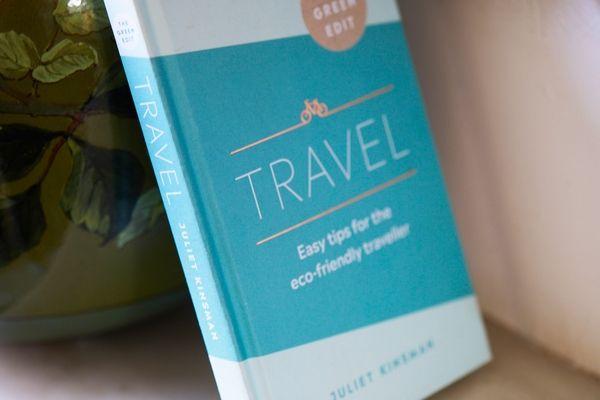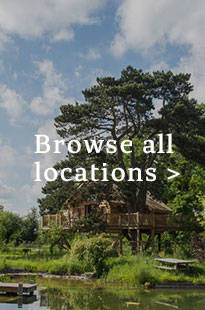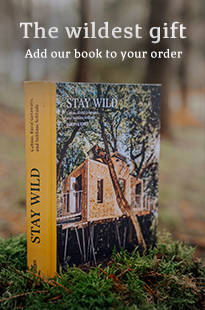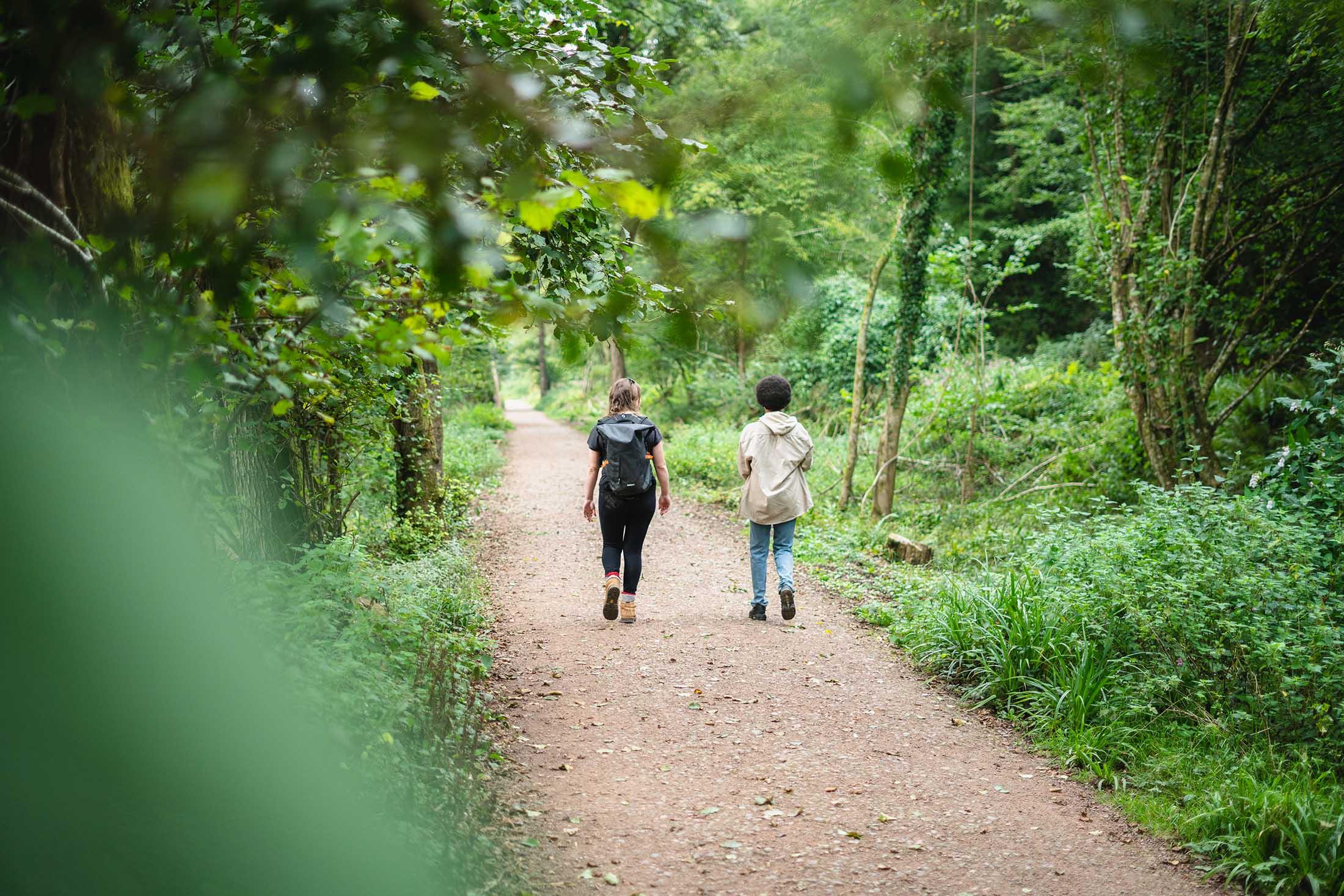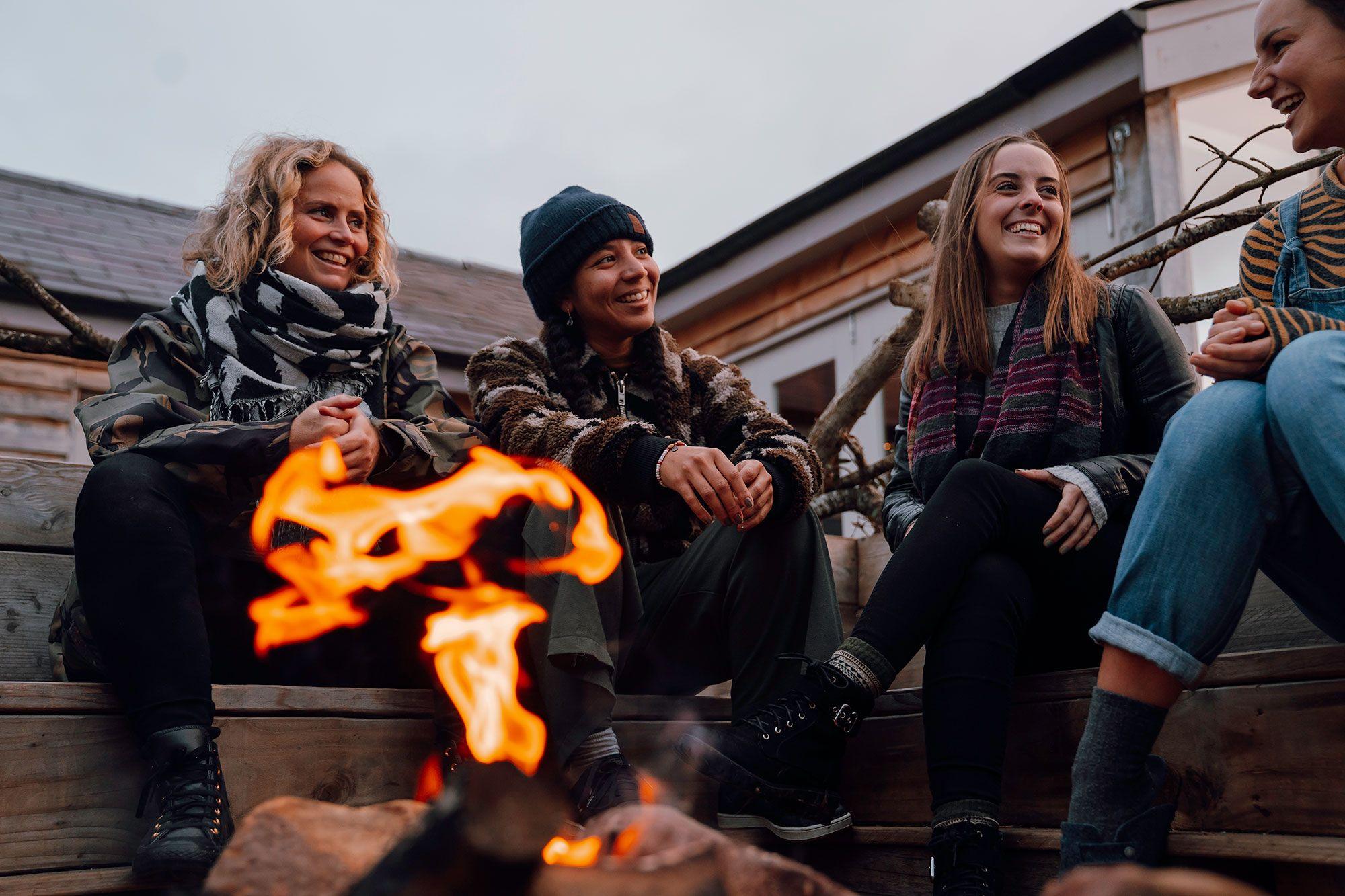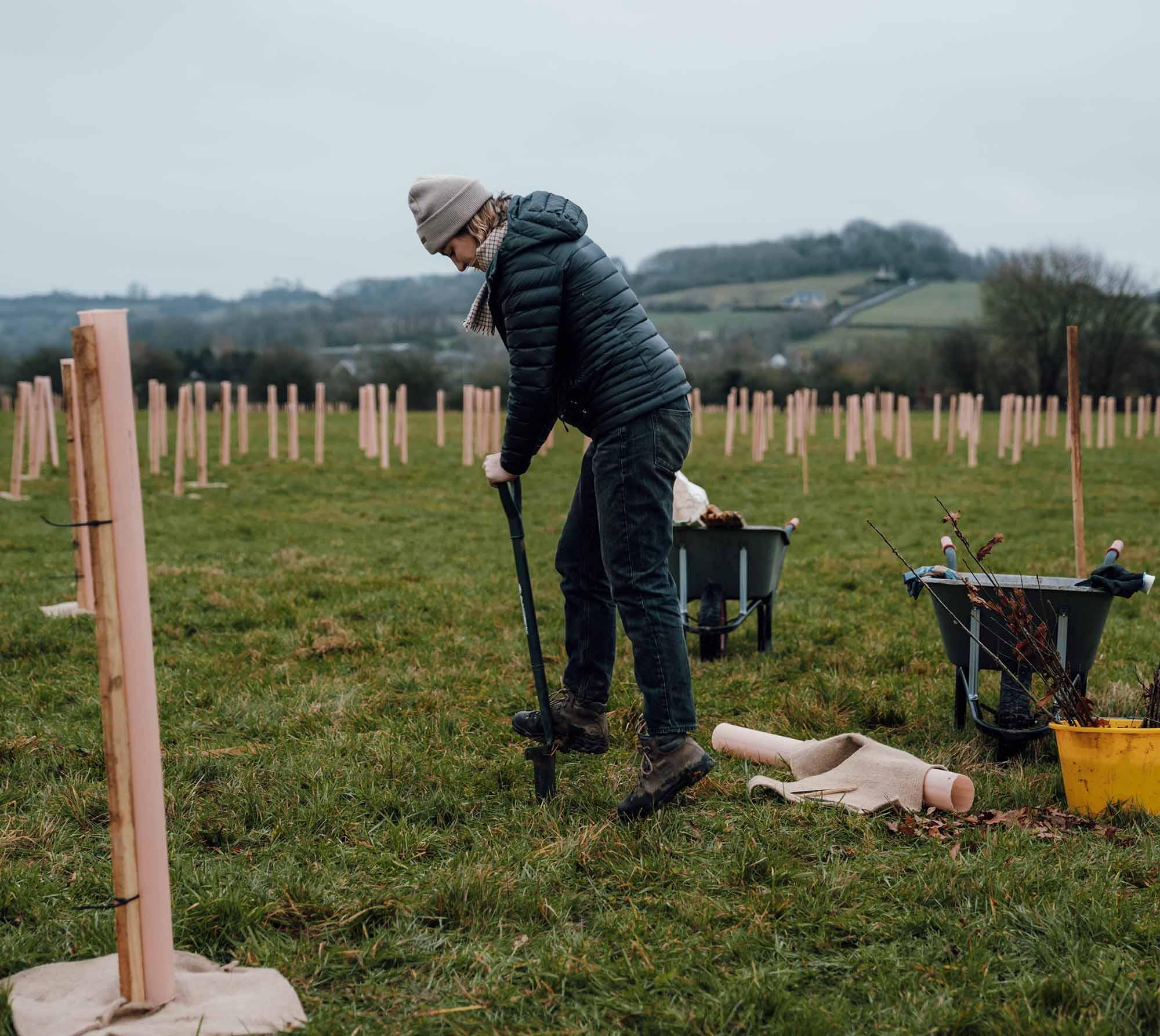- Location
- Glamping
Special occasions
- Stories
- Gift Cards
- About us
About Canopy & Stars
More from Canopy & Stars
More at Sawday's
Five ways to be a more eco-friendly traveller
With everyone desperate to get away over the next few months, we spoke to Juliet Kinsman, author of ‘The Green Edit: Travel (Easy tips for the eco-friendly traveller)’ to get her five ways to be a better traveller.
1. Slow down
Many of us have been enjoying slow holidays for years – we just didn’t label them that. Ramblers would scoff at the idea of ‘going slow’ being a hot new trend. It’s not only more eco-friendly to traverse new landscapes on foot, or by horse, bike or boat, but through positive slowness you get to savour the scenery as you pass it at eye level, feeling the fresh air on your face. What’s the main thrust of slow travel? Skipping planes in favour of overland transport. In order to make this more feasible for time-poor individuals, work out whether you can escape for a longer stretch, or configure a way of working while you’re on the road, to make it easier not to fly. When you are away, it’s always a big eco win if you shirk domestic flights. Take things glacial. Plump for public transport, such as trains or electric buses. Once you’re on the ground, it might even be better to explore on foot or by bike.
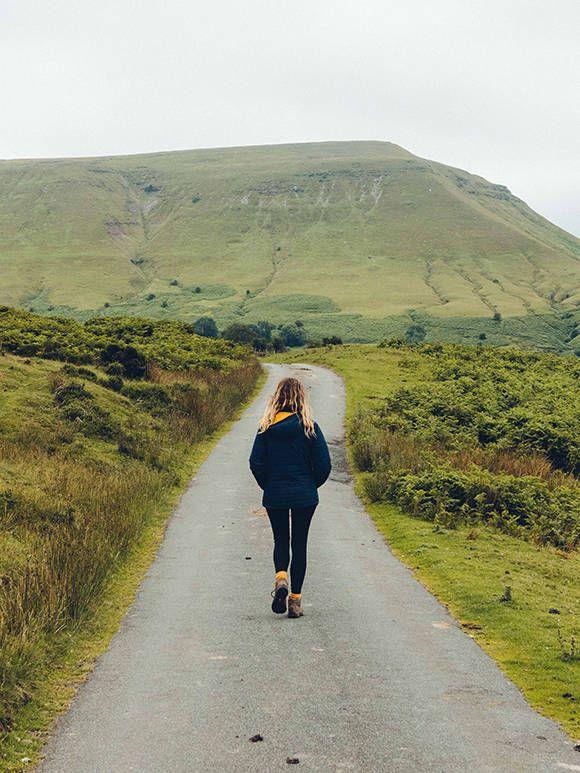
2. Walk whenever you can
It’s free, it’s good for you, it’s good for the environment. Get into the habit of walking wherever and whenever you can, and allowing extra time to get to places on foot, and you may find it’s about a lot more than just getting from A to B. It’s like bipedal meditation. Listen to music or podcasts, or look at the biological benefits to blood pressure, bone density and fitness levels.
3. Stay off-season
Travelling in shoulder season (before and after the peak) is not only going to be better priced but can be the more sustainable option because you’re not adding to the rush-hour impact. Off-season might be better in terms of jostling with fewer people anyway, and it helps provide much-needed income to locals when there are fewer tourists. It might be rainy, colder or have darker days then, and therefore not as appealing for your precious leisure time, but sometimes the seasons that don’t grab the top headlines have their own virtues. Spring may be chilly, but do some reading up and you might find it presents a rare chance to see rolling hills carpeted with wildflowers. Summer in tropical regions could be too wet for some, but ask a photographer about the spells between showers and they may tell you it’s a lush, dewy dream. Autumn some might extol for its mild, dry weather ideal for hiking and biking. Beachy coastlines aren’t an obvious choice in deep winter, but an in-the-know travel agent could reveal they’re the perfect spot to look up from for spectacular starscapes.
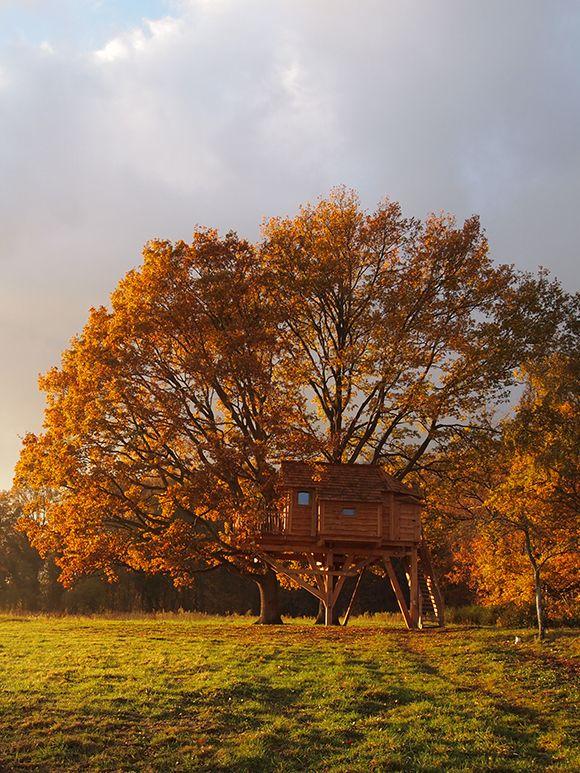
4. Support charities and social enterprises
An inspiring way to plan an itinerary is by plotting stops along the way to visit hosts that aim to promote positive social change or invest in valuable conservation. Even visiting museums and national parks which are supported thanks the work of a charity is using your tourist spend to do good. A social enterprise is a business which works with local communities and tends to mean much more meaningful interactions through engaging you with the culture in a more immersive way, or by allowing you to understand the challenges facing that destination, and contribute to a way of helping. Use this website to find positive-impact businesses: https://www.socialenterprise.org.uk/buy-from-or-find-a-social-enterprise/
5. Disconnect to reconnect
It may not seem as though it has anything to do with being green, but releasing yourself from your phone when travelling will help you relate better to the humans you meet along the way. Better not to add to the handset zombies roaming the paths and pavements – instead of being glued to your phone, smile at passers-by. You may find going slow with an old-school map is better for giving you a more genuine sense of the lay of the land. When you are in new or exotic places, rather than spending precious time poking at your smartphone, striking up meaningful exchanges with others is an excellent way to encourage more positivity. In the eighteenth century, coffee houses were filled with the fizz of big ideas and real social discourse; today, you’ll probably just hear the phrase ‘Can I get your wifi password?’ Maybe it’s because conversation requires mental effort and turning to tech is easier than engaging in real-time, flesh-and-blood interactions. Chatting to strangers has become a bit weird and awkward for some, so they elect to have their ears occupied with the familiar through headphones instead. So I am laying down a challenge: strive for a deeper discourse with your friends and family while you’re away.
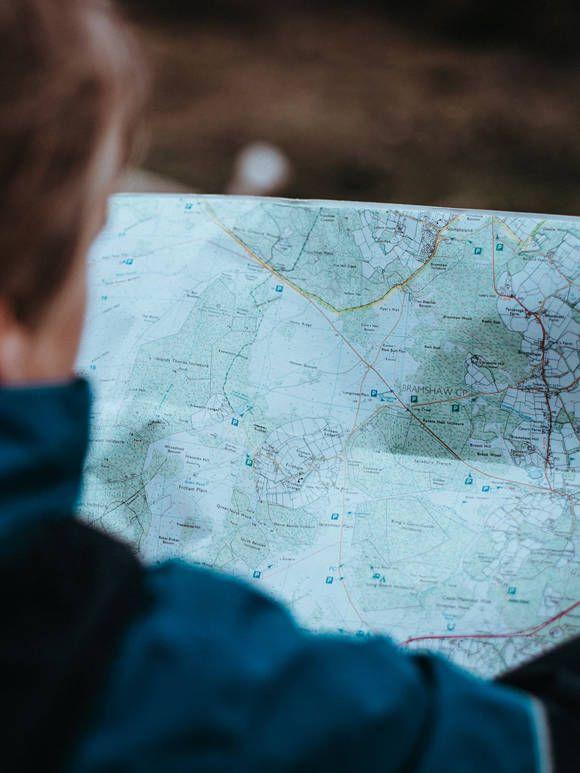
Juliet's pocket-sized book is packed with practical advice, demystifying sustainable travel and offering straightforward steps anyone can take towards reducing their impact on the world without giving up the experiences that make life so rich. You can buy it from The Book Depository.
